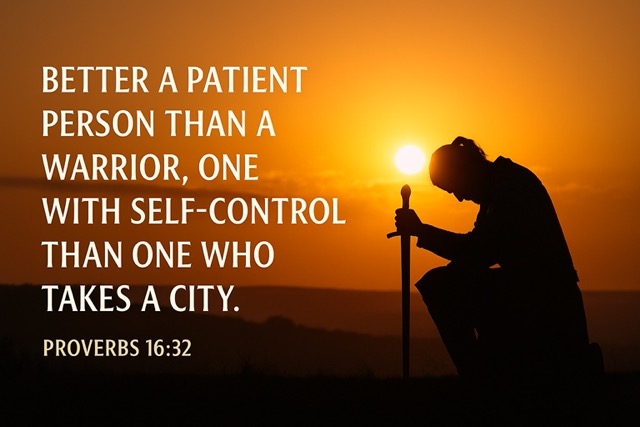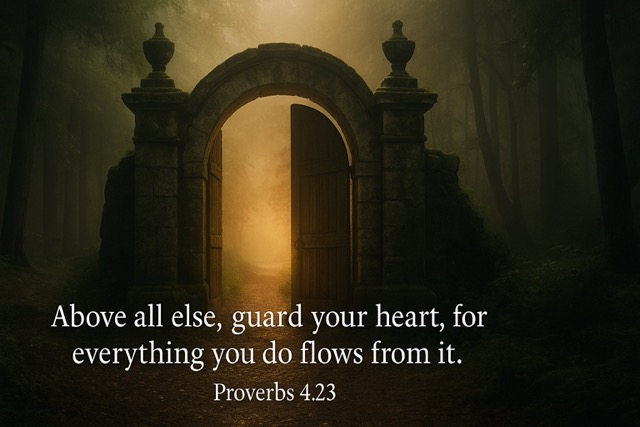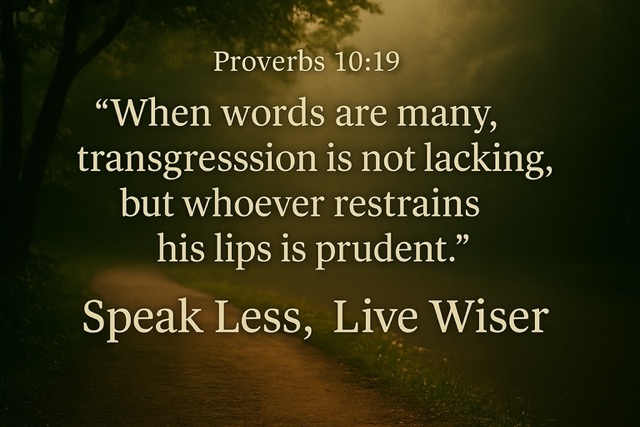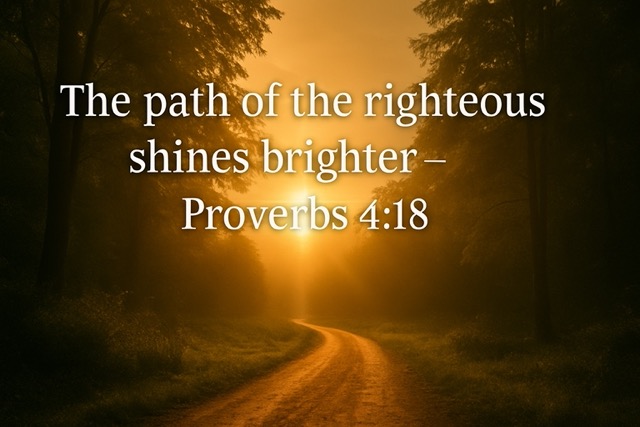Proverbs 16:32 explained — In a world that glorifies domination, this verse flips the script. It honors restraint. The real warrior isn’t the one who storms cities… it’s the one who controls their emotions, their impulses, their inner world. Self-mastery is the mightiest strength.
Key Scripture: Proverbs 16:32
“Better a patient person than a warrior, one with self-control than one who takes a city.”
— Proverbs 16:32 (NIV)
Watch the Cinematic Bible Short
This cinematic Short brings the proverb to life through visuals of battle scenes dissolving into quiet strength. Calm is depicted not as weakness, but as power. The pacing of the narration builds from tension to inner victory.
Short Film Commentary on Proverbs 16:32
- Narration: Each phrase lands like a blow softened by breath: “Better is the one who is patient… than the mighty.” The delivery is slow, almost reverent — honoring the discipline within.
- Visual Storytelling: The video contrasts symbols of brute force (helmets, weapons, city walls) with serene posture and stillness. A subtle message: one moment of restraint may be worth more than a hundred conquests.
- Echo Line: The final moment — “True strength is restraint” — echoes in silence, leaving the viewer in reflection, not reaction.
Proverbs 16:32 Theological Commentary
In Scripture, strength is redefined. Power is not shown in force, but in control.
- John Piper says, “The power of the Spirit is most visible in the quiet control of the self.”
- Tim Keller teaches that the root of godliness is self-mastery — not public achievement.
God elevates erekh appayim (slow to anger) above the gibbor (mighty warrior). Where culture sees strength in conquest, God sees it in composure.
This verse dismantles the myth of strength as domination. Instead, it’s emotional governance as spiritual excellence.
Hebrew Word Study: Proverbs 16:32 Insights
- אֶרֶךְ אַפַּיִם (erekh appayim) – “Patient”: Literally “long of nostrils,” evoking deep breath and slow anger.
- גִּבּוֹר (gibbor) – “Warrior”: Human strength, courage in battle, external might.
- מֹשֵׁל בְּרוּחוֹ (moshel berucho) – “Rules his spirit”: Exercises control over emotions and internal state.
- לֹכֵד עִיר (loched ir) – “Takes a city”: Represents conquest — the epitome of worldly strength.
The Hebrew contrasts external force with internal focus. God exalts the one who is harder to anger than to arm.
Pop Culture & Modern Strength Parallel
Culture celebrates the comeback, the clapback, the conqueror. But this proverb teaches: the strongest one in the room is often the quietest.
“Anyone can fight back. Only the strong can wait.”
You don’t need to storm the gates; instead, learn to stay composed. Likewise, you don’t need to win the war — the greater victory is mastering your own heart.
This flips the narrative from heroism to humility.
Related Scriptures on Patience and Power
- Proverbs 25:28 – “Like a city without walls is one who lacks self-control.”
- Galatians 5:22–23 – “The fruit of the Spirit is… self-control.”
- James 1:19–20 – “Be slow to anger. For anger does not produce the righteousness of God.”
- 1 Corinthians 9:27 – “I discipline my body and make it my slave…”
- 2 Timothy 1:7 – “God gave us a spirit… of self-control.”
Core Lessons from the Verse
- Strength isn’t shown in the victory you take — but in the reaction you resist.
- The one who rules their emotions often wins unseen wars.
- Patience is not passivity — it’s spiritual power in slow motion.
Applying Proverbs 16:32 in Today’s World
This Proverb speaks into several modern realities:
- Leaders who react in anger
- Parents who feel overwhelmed
- Men who are taught power means dominance
- Young believers learning to temper passion with peace
Victory doesn’t require a battlefield. It begins in your spirit — your temper, your will, and your desires. This is where your greatest war is waged. And it is here, within, that God teaches us restraint.
Victory starts there.
Reflection & Call to Action
- Where in your life are you reacting instead of ruling?
- What habits or situations provoke the warrior… instead of the watchman?
📝 Action Step: Practice restraint in one moment of frustration today. Don’t suppress it — rule it.
💬 Comment: “God, help me conquer myself.”
🔗 External Resources
📖 BibleRef: Proverbs 16:32 Commentary
BibleRef explains that self-control is a rare and commendable virtue, surpassing even military might.
🔗 https://www.bibleref.com/Proverbs/16/Proverbs-16-32.htmlBibleRef.com+1Pure Flix+1
📘 Enduring Word: Proverbs 16 Commentary
David Guzik discusses the value of patience and self-mastery, emphasizing their superiority over physical strength.
🔗 https://enduringword.com/bible-commentary/proverbs-16/
📚 Gill’s Exposition: Proverbs 16:32
Gill highlights that controlling one’s temper is more honorable than conquering cities, reflecting true strength.
🔗 https://www.biblestudytools.com/commentaries/gills-exposition-of-the-bible/proverbs-16-32.htmlBible Study Tools+6Bible Hub+6DailyVerses.net+6
🔗 Internal Resources on ParanoidProphet.com
- Proverbs 3:5–6 – Trust or Control
- Proverbs 4:18 – Walking Into the Light
- https://paranoidprophet.com/bible-study/proverbs-24-16-explained/
Closing Prayer
Lord, teach me to walk in quiet strength.
Give me power not to conquer others, but to rule myself.
May my greatest victories be invisible —
fought and won in the hidden places of the heart.
Amen.
Search Keywords for Study & Discovery
Main Topic: proverbs 16:32 meaning, self-control bible verse, proverbs 16:32 explained
Themes: rule your spirit, patience vs power, godly restraint, spiritual strength
Study Focus: Hebrew word study erekh appayim, gibbor, moshel berucho, loched ir
Style Tags: cinematic proverb short, ai bible storytelling, proverbs short video, narrated scripture short




